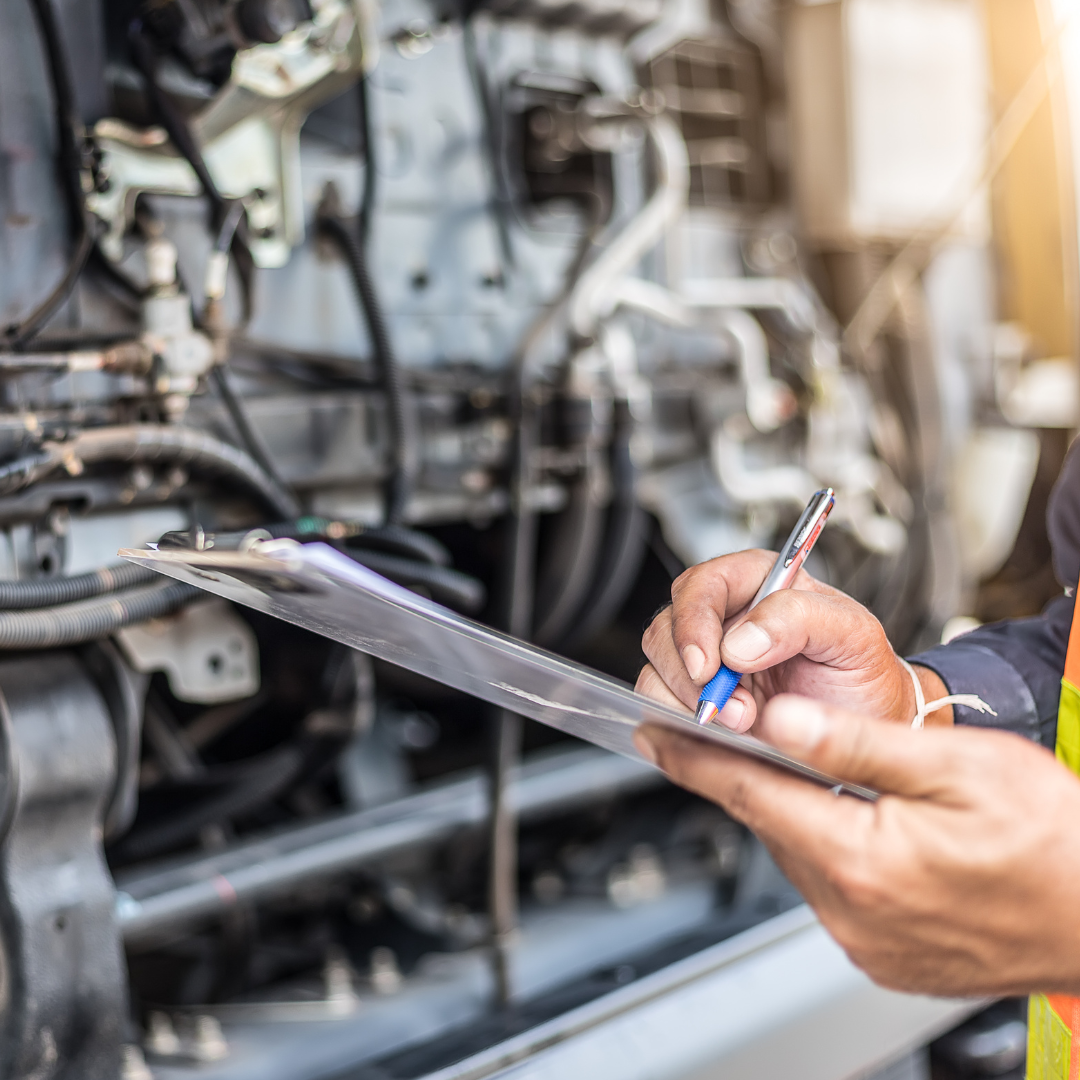
In industrial operations, equipment is the backbone of productivity. When machines are running smoothly, projects stay on schedule, safety is maintained, and costs remain predictable. But when a critical piece of equipment breaks down unexpectedly, the ripple effects start with downtime, costly repairs, and lost productivity; the costs can be significant. That’s why preventive maintenance isn’t just a “nice to have.” It’s a critical strategy for protecting assets, improving efficiency, and safeguarding the bottom line.
Preventive maintenance involves regularly scheduled inspections, servicing, and repairs to keep equipment operating at peak performance. Unlike reactive maintenance where action is only taken after a breakdown, preventive maintenance identifies issues early, reducing the likelihood of sudden failures.
This can include simple tasks like lubrication, cleaning, and calibration, as well as more detailed inspections of wear-and-tear parts, electrical systems, and safety mechanisms.
Unplanned downtime can grind operations to a halt. With preventive maintenance, issues are addressed before they escalate into breakdowns. By scheduling short, predictable service intervals, companies avoid longer interruptions that can derail production schedules.
While preventive maintenance requires an upfront investment, it significantly lowers total maintenance costs over time. Replacing a small part during inspection is far less expensive than repairing major damage caused by neglect. This process also helps extend the lifespan of equipment, delaying costly replacements.
Industrial equipment failure can create serious safety hazards. Preventive maintenance ensures that safety systems, guards, and controls remain fully operational. Regular inspections also identify problems such as leaks, faulty wiring, or worn parts before they can cause accidents.
Equipment that isn’t maintained properly often runs less efficiently, consuming more energy or producing inconsistent results. Preventive maintenance helps keep machines calibrated and functioning as intended, which translates to improved performance, energy savings, and higher-quality output.
Many industries must comply with strict safety and environmental standards. Regular preventive maintenance not only keeps equipment in working order but also ensures compliance with industry regulations reducing the risk of fines or legal issues.
To maximize the benefits, preventive maintenance should be systematic, not ad hoc. Key steps include:
Preventive maintenance is an investment in efficiency, safety, and cost control. Companies that prioritize regular upkeep protect themselves from the high costs of reactive maintenance and gain peace of mind knowing their equipment is reliable.
In industrial environments where every hour of uptime counts, a strong preventive maintenance program is one of the smartest strategies a business can adopt.
If you are looking for a team to support your construction projects of al sizes, consider MB&R Contractors. MB&R Contractors has a highly skilled staff and executes all construction work with our in-house team. We follow this model to control the quality of work provided to our clients and ensure we stay on budget and deliver our work on time. We do projects of all sizes and our services include: welding, concrete installation, processing piping, water control, dump truck services, and much more. MB&R Contractors takes on residential, commercial, and industrial jobs with our own in-house team.